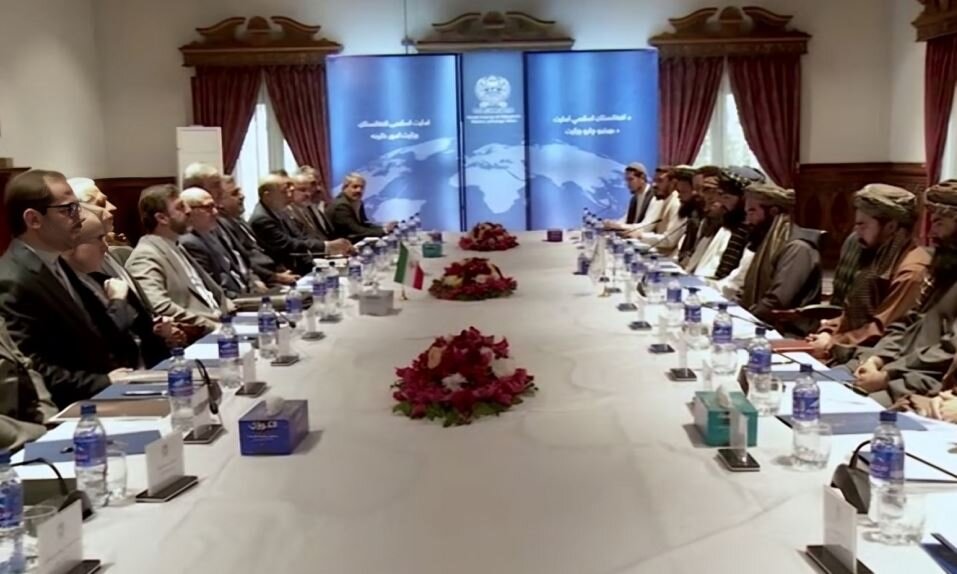Key accords address border, water, prisoner issues between Iran and Afghanistan

TEHRAN – Iran and Afghanistan recently reached significant agreements on various crucial bilateral issues, as announced by Iran's Deputy Foreign Minister for Legal and International Affairs, Kazem Gharibabadi, on his X account on Tuesday.
These breakthroughs were achieved during his visit to Afghanistan, where he held meetings with several high-ranking Afghan officials, including the minister of borders and tribal affairs, the head of the Taliban's Department for Oversight and Implementation of Decrees, the deputy minister of water and energy, and the first deputy foreign minister.
A key understanding was reached regarding prisoner exchanges. Gharibabadi stated that a list of Iranian nationals imprisoned in Afghanistan would be provided to the Iranian embassy, facilitating their prompt transfer back to Iran. “Reciprocally, for Afghan convicts held in Iran, arrangements were made to resume their transfer to Afghanistan to complete their sentences, subject to an existing agreement and reciprocal actions from the Afghan side,” the diplomat explained.
Additionally, regarding Afghan criminals, it was decided that Afghan authorities would be responsible for their arrest and prosecution.
Border issues also featured prominently in the discussions. Both nations agreed to strengthen border controls to combat drug and human trafficking, as well as the infiltration of terrorists. A significant step forward is the decision to resume a border demarcation renovation project, which had been stalled for seven years. Furthermore, a joint technical and legal committee meeting will be convened concurrently to swiftly address any existing ambiguities along the border.
Water rights, a long-standing point of contention, also saw progress. Gharibabadi stressed the necessity of fully implementing the 1973 Hirmand treaty, ensuring Iran receives its complete water allocation, and securing environmental water rights for the vital Hamoun wetlands. The establishment of a legal regime for the Harirud (Hari River) was also a point of discussion. To further these goals, both sides agreed to hold a meeting of their respective water commissioners in Iran as soon as possible, with an emphasis on cooperative resolution within the framework of existing commitments.
The agreements are believed to signify a renewed commitment to cooperation between Iran and Afghanistan across critical areas, aiming to resolve long-standing issues and improve bilateral relations.
Iran has maintained engagements with the Taliban since the group took over Afghanistan in 2021, yet it has not officially recognized the new government in the war-torn nation. Diplomats and analysts from various political groups believe Iran must work to foster reasonable and frictionless relations with the Taliban.
Leave a Comment